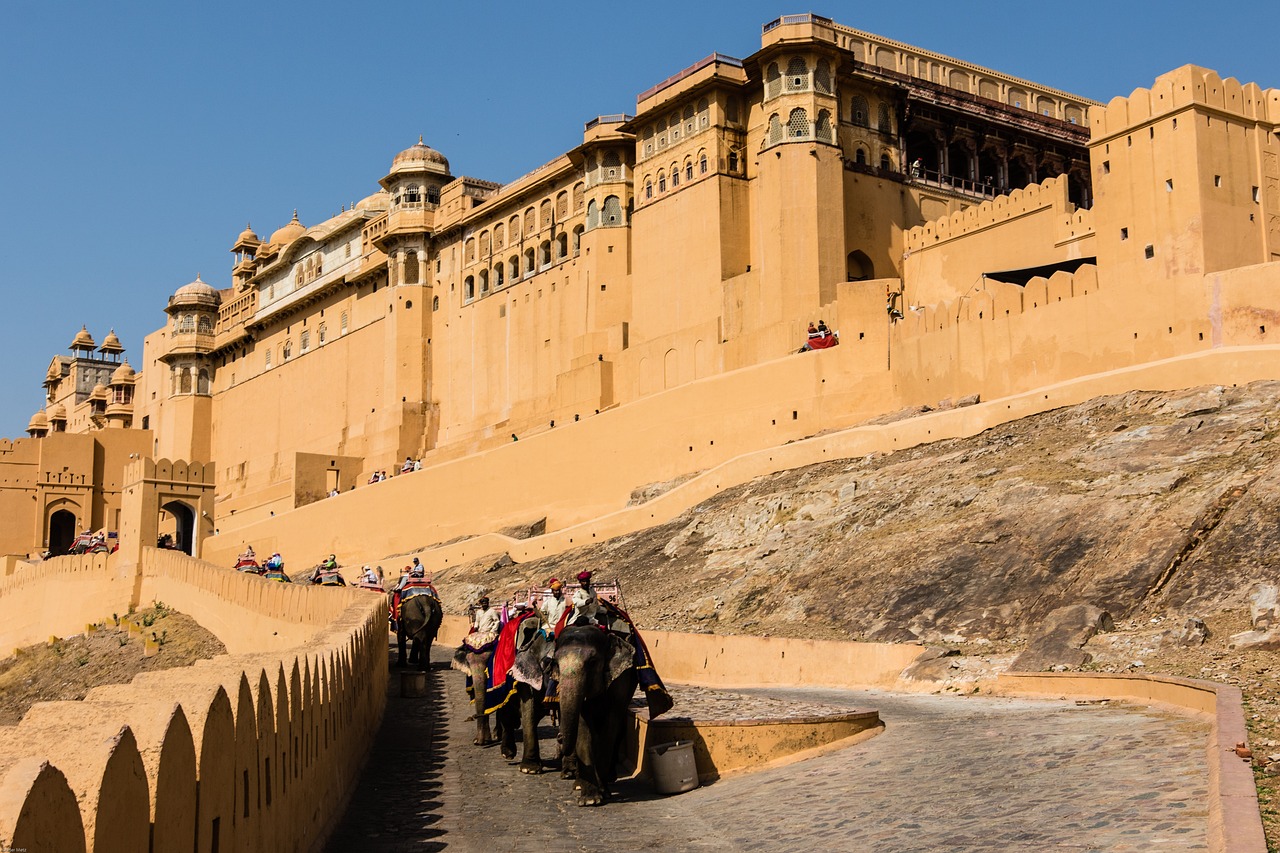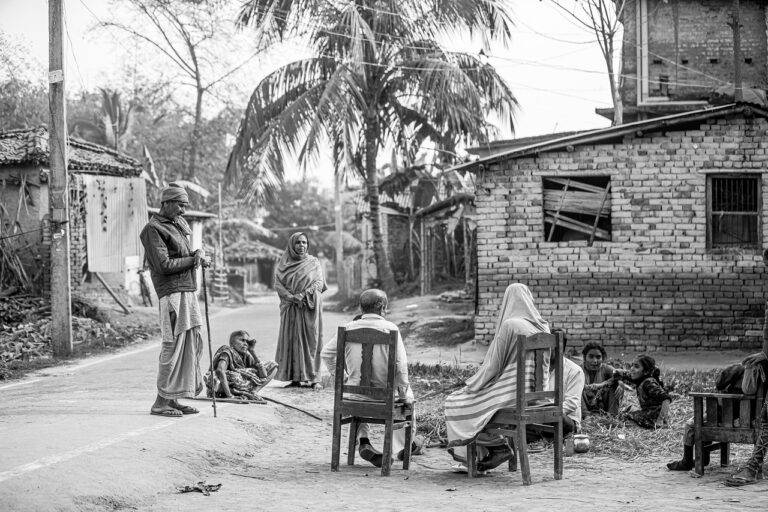Exploring the Role of Social Media in Voter Mobilization
Social media has undeniably revolutionized the way individuals engage with politics in today’s digital age. Platforms like Twitter, Facebook, and Instagram have provided a new and accessible channel for citizens to voice their opinions, share political content, and participate in online discussions. This instantaneous and widespread dissemination of information has bridged the gap between political leaders and the general public, creating a more direct and immediate form of communication.
Moreover, social media has allowed for the mobilization of grassroots movements and political campaigns like never before. Activists and advocacy groups leverage social media to raise awareness about important issues, organize rallies, and encourage civic participation. The viral nature of social media enables political messages to reach a vast audience quickly, sparking discussions and driving engagement among individuals who may not have been as involved in traditional political processes.
The Power of Social Media in Reaching Young Voters
Social media platforms have become instrumental in engaging young voters during political campaigns. With their ability to convey information quickly and visually, platforms like Instagram and Twitter have transformed the way political messages are disseminated to the younger demographic. Through targeted advertising and shareable content, candidates can now directly reach out to a generation that is highly active online.
The interactive nature of social media allows young voters to actively participate in discussions and debates surrounding political issues. By facilitating real-time engagement and providing a platform for diverse voices to be heard, social media has the power to mobilize young voters like never before. The ease of sharing information and organizing events on these platforms makes it easier for political campaigns to connect with a segment of the population that has traditionally been harder to reach through traditional methods.
How Social Media Can Influence Voter Turnout
In today’s digital age, social media plays a significant role in shaping voter turnout during elections. With the widespread use of platforms like Facebook, Twitter, and Instagram, political candidates can communicate directly with potential voters, sharing their platforms and engaging with the public in real-time. This accessibility and immediacy can create a sense of urgency and importance around voting, motivating individuals to take action and participate in the democratic process.
Moreover, social media campaigns can generate momentum and excitement around political events, encouraging supporters to mobilize and spread the word about upcoming elections. By leveraging targeted advertisements and viral content, political parties can effectively reach a wide audience and inspire voter engagement. The interactive nature of social media allows for grassroots movements and community organizing, empowering citizens to connect with like-minded individuals and advocate for the issues that matter most to them.





